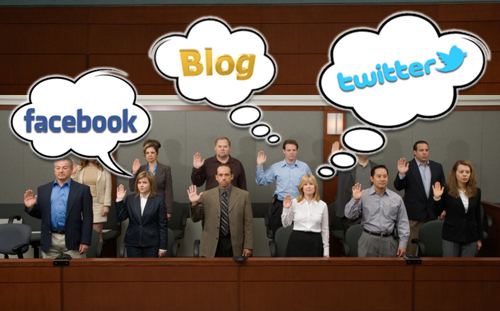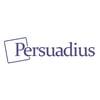Social media has had a profound impact on jury consulting and voir dire in recent years. With the widespread use of social media platforms like Facebook, Twitter, and Instagram, potential jurors now have the ability to share their opinions and biases with the world more easily than ever before. This has created both opportunities and challenges for jury consultants, who must navigate the complex landscape of social media to identify potential jurors who may be biased or prejudiced.
One of the primary ways that social media has affected jury consulting is by making it easier to identify potential jurors who may have biases or prejudices. By analyzing social media posts and profiles, jury consultants can gain valuable insights into a potential juror's political leanings, religious beliefs, and other personal factors that may impact their ability to be impartial. For example, if a potential juror has a history of making racist comments online, a jury consultant may be able to identify this and recommend that they be removed from the jury pool.
However, the use of social media in jury consulting also presents some challenges. It can be difficult to determine the authenticity of social media posts and profiles, as individuals may create fake accounts to appear more unbiased than they actually are. Additionally, the use of social media in jury consulting can be controversial, with some people viewing it as an invasion of privacy or an unfair way to select jurors.
Another significant impact of social media on jury consulting is its effect on the process of voir dire. Traditionally, voir dire involved attorneys and judges questioning potential jurors in person to identify any biases or prejudices. However, social media has made voir dire more complex. Attorneys and jury consultants now need to analyze not only potential jurors' responses during voir dire but also their social media activity. This can include analyzing their profiles, searching for relevant keywords and hashtags, and monitoring their online conversations. By doing so, attorneys and jury consultants can gain a more comprehensive understanding of potential jurors and their potential biases.
However, the use of social media in voir dire also presents challenges. It can be difficult to determine the relevance of a potential juror's social media activity to the case at hand. Additionally, accurately interpreting social media activity can be challenging, as it may be taken out of context or misinterpreted. Furthermore, the use of social media in voir dire can be time-consuming and expensive, as it requires attorneys and jury consultants to spend more time analyzing potential jurors' online activity.
Despite these challenges, the use of social media in jury consulting and voir dire is likely to continue growing in importance in the future. As social media platforms evolve and become more integrated into our daily lives, their impact on the legal system will only increase. Therefore, it is crucial for attorneys and jury consultants to adapt and refine their strategies for identifying potential biases and prejudices in potential jurors to ensure a fair and impartial legal system for all.
Read other interesting jury consulting articles on A2L's site:
- Download: Storytelling for Litigators
- Trial Preparation Calendar that includes jury consulting
- Accepting jury consulting and litigation consulting
- Practice is why movies lawyers perform well say jury consultants
- 7 videos about body language
- Say goodbye to the David vs. Goliath myth
- 6 reasons to conduct a mock trial






Leave a Comment